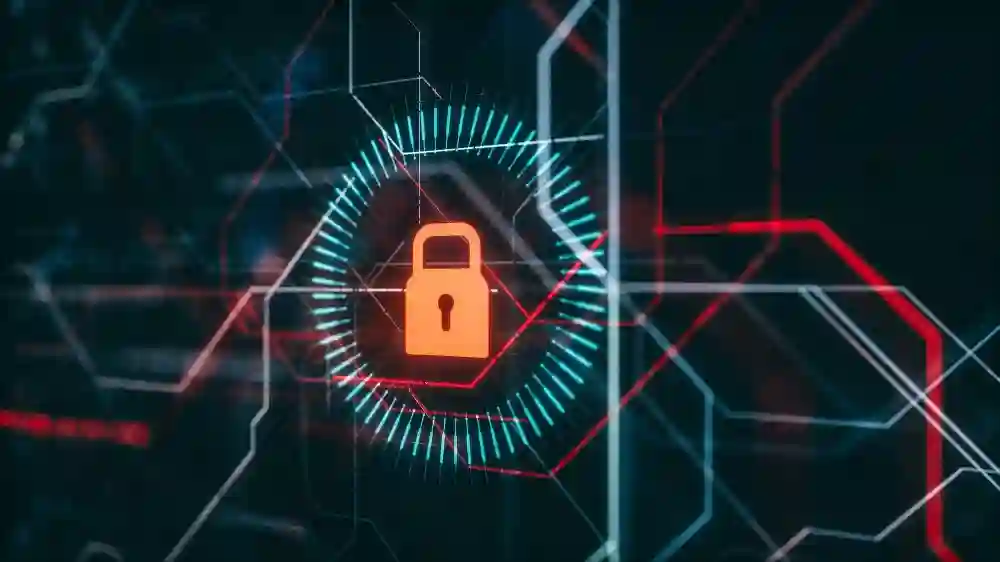How to Build a Strong Legal Case After a Cyberattack

Cyberattacks? Yeah, they’re a thing. No one’s immune. You could be chilling with your business or just enjoying some Netflix when—BAM!—your systems get hacked. Suddenly, you’re staring at your screen like, “What now?” Building a strong legal case after a cyberattack might feel like climbing a mountain, but trust me, it’s doable. I’m not saying I’ve got a PhD in Cybersecurity Law, but after dealing with my own tech mishap (long story, involving an angry hacker and my email password being “password123”…don’t judge me), I’ve learned a thing or two about handling these situations.
Let me walk you through it.
First Things First: Don’t Panic
Look, I get it. The moment you realize you’ve been hit, your heart probably skips a beat. Mine did. When I got that notification about a breach, I thought the world was over. But here’s the thing: you gotta stay cool. You need a plan.
Preserve Everything
First rule of thumb: you don’t want to lose your evidence. Think of it like a crime scene. Do you touch everything and start pacing around like a mad scientist? Nope. You collect evidence, stat. Here’s what you need to do:
- Grab all your server logs.
- Take screenshots—anything that looks odd.
- Don’t delete suspicious emails (no matter how much you want to, I swear).
- If there’s a ransom note, keep it. I mean, it’s a terrible situation, but it’s proof.
I remember the first time I had to do this. I was sitting there, trying not to panic while simultaneously Googling “How to preserve evidence after a cyberattack.” The things you learn in an emergency, right?
Next Step: Report It
You’d think this part is a no-brainer. But you’d be surprised. After my email disaster (it wasn’t pretty), I totally blanked on reporting it. Guess what? That’s a huge mistake. Reporting helps you get your ducks in a row legally and can even help you recover your losses.
In fact, the law’s got your back here. You might need to file reports with:
- Local law enforcement (because hey, this is still a crime).
- Cybersecurity agencies like the FBI or CISA.
- If you’re dealing with a data breach, get familiar with GDPR or HIPAA (yes, these acronyms will haunt your dreams).
If you don’t report, things get messy. No one wants to be that person who didn’t file a report and is now trying to play catch-up. Trust me. I’ve been there. You’ll want everything documented and official.
Get Yourself a Good Cybersecurity Lawyer (It’s Worth It)
Look, I’m no lawyer. I can barely understand half the fine print in my gym membership contract. But when a cyberattack happens, you NEED someone who speaks the language of the law. A cybersecurity lawyer knows their stuff. Trust me, they’ll make a huge difference in how to build a strong legal case after a cyberattack.
Why You Need One
- They’ll help you understand your rights and options. No, you can’t just scream “refund” at the hacker.
- They’ll guide you on regulatory compliance (yeah, those pesky rules you’ve probably never heard of until now).
- They’ll handle all the legal stuff so you don’t have to.
I once hired a cybersecurity lawyer after a minor mishap, and they basically saved me from falling into a legal abyss. It’s like having a lifeguard when you’re drowning in the deep end.
Forensic Investigation: Yes, You’ll Need One
Let’s be real: you have no clue how the attack happened. Maybe you were the victim of a really sophisticated phishing attack, or maybe your systems just weren’t up to snuff. Either way, you’re gonna need some pros to figure it out.
A forensic investigator will:
- Determine how the cyberattack went down.
- Find out if any data was stolen (ugh, that’s always fun to discover).
- Help you understand how to prevent it from happening again.
Pro tip: don’t skimp on this. A forensic investigation will give you the evidence you need to prove your case and recover damages. And if you’re not tech-savvy like me (I still can’t figure out Bluetooth), leave this to the experts.
Notify Everyone Who’s Affected
Okay, let’s talk about your customers. No one wants to hear that their info got compromised, but it’s your responsibility to let them know. No one likes surprises—especially the bad kind.
Here’s a quick checklist for what to notify:
- Customers (obviously). Let them know what happened and what you’re doing about it.
- Employees, if their data is at risk.
- Partners and vendors (hey, they probably got hit too).
This is probably the most uncomfortable part of how to build a strong legal case after a cyberattack. I mean, no one wants to be the bearer of bad news. But if you do it right, you can show that you’re being transparent, and that’s a huge deal in legal situations.
Let’s Talk Lawsuits: What Are Your Options?
Now we’re diving into the fun stuff. Lawsuits. Don’t get too excited, though. I’m not saying you’ll immediately get a check for $100 million. But depending on the situation, you might have a shot at:
- Breach of contract: If a service provider didn’t keep things secure, they might owe you.
- Negligence: Maybe you can prove that someone didn’t do their due diligence in keeping your data safe.
- Privacy violations: GDPR, CCPA, HIPAA—they’re not just there to look pretty on your website’s privacy policy.
Take it from me: don’t try to go it alone. You’ll need expert legal advice to figure out what to do next.
Document All Your Losses (Yes, All of Them)
If you’re serious about how to build a strong legal case after a cyberattack, you need to keep track of everything. And I mean EVERYTHING. My first time going through this? I didn’t even know what “damages” I could claim. So, here’s what you might want to track:
- Direct financial losses: Did you pay a ransom? Did your bank account take a hit?
- Business interruptions: Was your store down for 48 hours? Yikes, that’s lost revenue right there.
- Reputation damage: Oh boy. This one can be tricky, but trust me, if your customers flee faster than my cat when the vacuum comes out, you can claim that as a loss.
Fun fact: My first website crash led to more sales than I expected. But that’s another story…
Cyber Insurance: Your New Best Friend
Do you have cyber insurance? Yeah, I didn’t either—until the hackers came knocking. Let me tell you, it’s worth the money. Cyber insurance can help cover things like:
- Legal fees (because we all know lawyers don’t come cheap).
- Forensic investigations (that bill adds up fast, y’all).
- Business interruption (yeah, the downtime costs you).
Now, I’m not saying you’ll get rich off insurance, but it sure helps ease the pain.
Final Thoughts (But Not Really)
You’ll never be fully ready for a cyberattack. No one is. But after my little mishap (did I mention my email password? Oops), I learned a lot about how to build a strong legal case after a cyberattack. Stay calm, hire the right people, and document everything. Most importantly: don’t skip any steps, no matter how overwhelming it seems.







